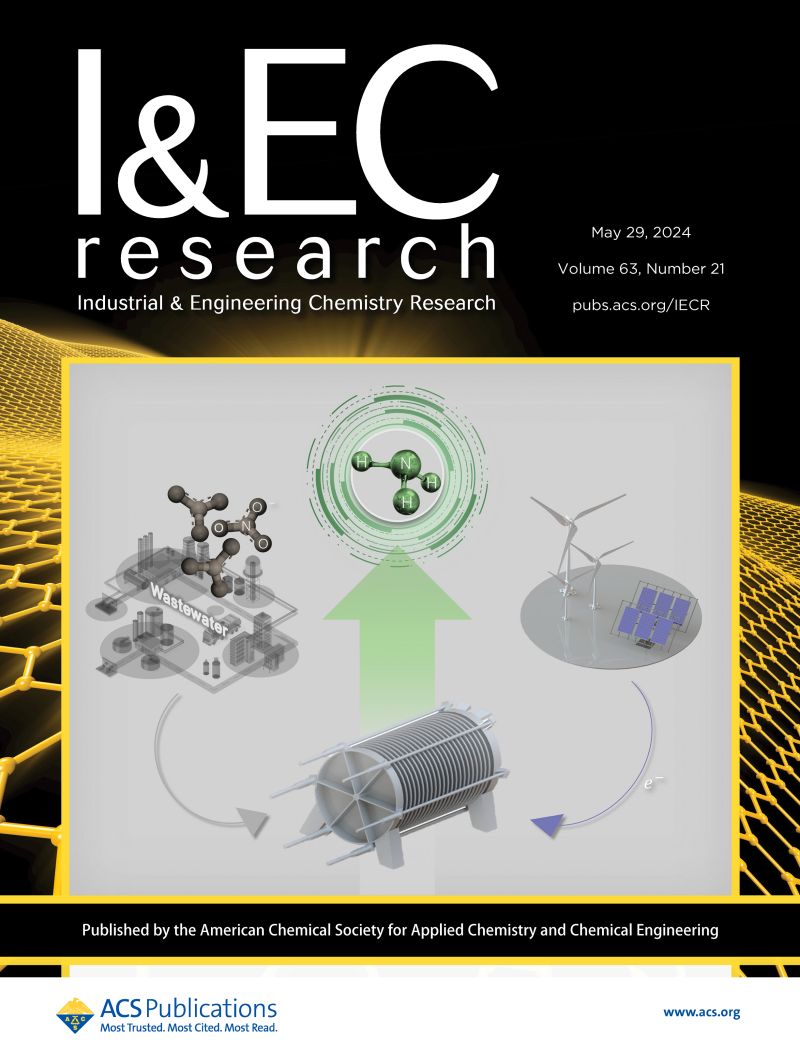Propane Dehydrogenation Over the Catalyst with Stable and Dispersed Pt Clusters on Zn-MSN Support
IF 3.8
3区 工程技术
Q2 ENGINEERING, CHEMICAL
引用次数: 0
Abstract
Propane dehydrogenation (PDH) over platinum-based bimetallic catalysts has received widespread attention as an on-purpose technology for producing propylene. However, catalysts prepared using the traditional impregnation method usually show a weak interaction between the support and active Pt sites. Moreover, catalysts undergo structural changes in a high-temperature-reducing atmosphere, resulting in decreased activity during the reaction. To enhance the metal–support interaction, Zn-doped mesoporous silica nanoparticle (Zn-MSN) supports were prepared using a one-step synthesis to support Pt species. The addition of Zn altered the surface properties of the MSN support, increasing the number of surface hydroxyl groups and thereby improving the dispersion of [Pt(NH3)4]2+ on the catalyst surface through electrostatic interactions. The Pt/2.0Zn-MSN catalyst, with highly stable and dispersed Pt clusters, showed the highest PDH activity, with an initial propane conversion and propylene selectivity of 51.3% and 98.7%, respectively. It also showed strong resistance to coke deposition and had the lowest deactivation rate of 0.008 h–1.

求助全文
约1分钟内获得全文
求助全文
来源期刊

Industrial & Engineering Chemistry Research
工程技术-工程:化工
CiteScore
7.40
自引率
7.10%
发文量
1467
审稿时长
2.8 months
期刊介绍:
ndustrial & Engineering Chemistry, with variations in title and format, has been published since 1909 by the American Chemical Society. Industrial & Engineering Chemistry Research is a weekly publication that reports industrial and academic research in the broad fields of applied chemistry and chemical engineering with special focus on fundamentals, processes, and products.
 求助内容:
求助内容: 应助结果提醒方式:
应助结果提醒方式:


